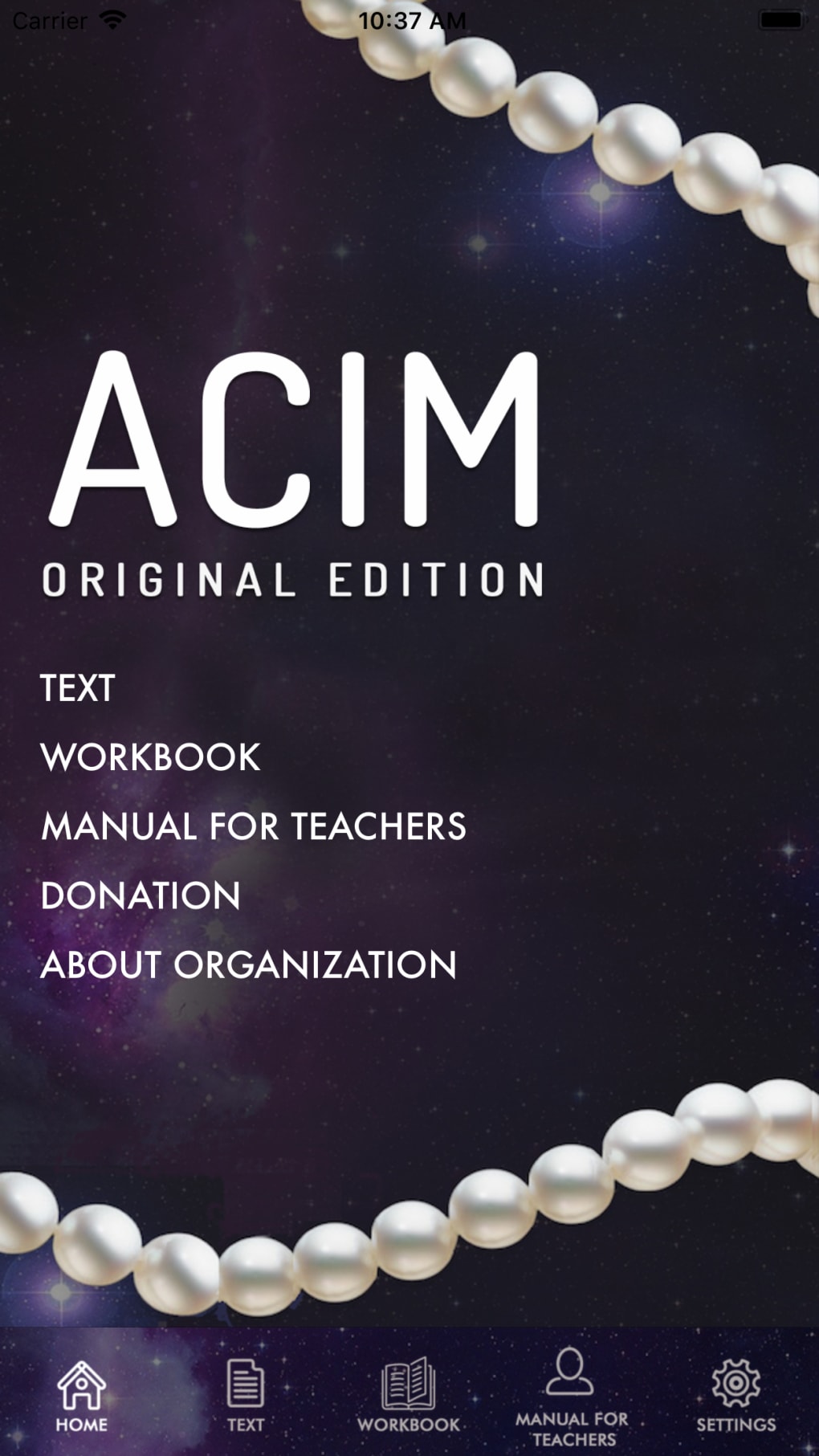ACIM: The End of Judgment
ACIM: The End of Judgment
Blog Article
Known as ACIM, A Course in Miracles stands as a contemporary spiritual teaching that provides a structured path for spiritual growth through radical forgiveness, changing how we see, and Holy Spirit support. It was received by Dr. Helen Schucman, a clinical psychologist, through a process of inner dictation from a voice she recognized as Jesus. Released in 1976, it has in decades since become a cornerstone for students. Divided into three sections—the Text, the Workbook for Students, and the Manual for Teachers—ACIM highlights that true spiritual awakening transcends intellectual understanding and demands experiential practice.
At its core, ACIM presents the idea that the world we perceive is not objectively real—it’s a reflection of the ego, a false identity based on the belief in division. This illusion creates conflict in the form of fear, guilt, and judgment. The Course teaches that the only thing real is the Love of God, which is eternal and changeless. Everything else is a illusory perception maintained by the ego. ACIM guides students to shift from the ego’s thought system to that of the Holy Spirit, which speaks on behalf of truth and love. This shift in perception—from fear to love—is the definition of a “miracle” in the Course.
One of ACIM’s most central teachings is that of forgiveness, which it defines in a unique way. Traditional forgiveness sees others as having truly wronged us. ACIM, however, says that all wrongdoing is part of an illusion. Forgiveness, then, is the means by which we release illusions and return to truth. It becomes a pathway for healing not just relationships but the mind itself. By forgiving others, we undo the ego’s thought system and open to the memory of our oneness with God. Forgiveness doesn’t change external events—it changes how we see them, which in turn changes our experience entirely.
The Workbook for Students is a crucial aspect of ACIM. It contains 365 lessons—one for each day—intended to recondition the mind. The lessons start with ideas such as “Nothing I see means anything” and build toward deeper spiritual concepts like “I am as God created me.” This process helps undo false thinking patterns and replace them with the truth of who we really are. Each lesson encourages practice, not just reading, and requires willingness more than intellectual understanding. As students progress, they begin to interpret daily life events through spiritual clarity rather than ego-driven emotions. The goal is to train the mind to see with the eyes of love rather than fear.
A key concept introduced in the Course is the Holy Spirit, who serves as an internal teacher or guide. While the ego speaks through fear, the Holy Spirit speaks through love, gently correcting misperceptions. The Holy Spirit is described not as a distant entity, but as the Voice for God already within us. When we are willing to listen, the Holy Spirit helps us see every situation from a perspective of healing and unity. This guidance allows us to release fear-based decisions and choose peace instead. Every time we invite the Holy Spirit to reinterpret our experiences, we step closer to spiritual awakening.
ACIM redefines many religious concepts, often in ways that challenge traditional beliefs. For instance, “sin” is described not as something evil, but as an error in perception. “Atonement” means the undoing of separation, not punishment. “Salvation” is not achieved by works or suffering, but is a recognition of what has always been true. These redefinitions are meant to shift the student away from fear and toward a direct experience of divine love. Though the Course uses Christian terminology, it is not affiliated with any religion and is often considered a universal path that can be practiced by anyone, regardless of background or belief.
Over the years, ACIM has been embraced by a growing global community. Authors and speakers such as Marianne Williamson, David Hoffmeister, and Gary Renard have played important roles in sharing its message. People from all walks of life report that the Course helps them heal emotional wounds, improve relationships, and find a deeper sense of purpose. Study groups, online communities, and retreats offer support and structure to students around the world. While everyone’s path is unique, many describe a deepening sense of peace and connection as they apply the teachings in daily life.
In the end, A Course in Miracles teaches that we are not broken, sinful, or lost—we are already perfect and whole as God created us. The problem is that we acim forgotten this truth and built a false identity around fear and guilt. The Course is a tool to help us remember. By consistently practicing forgiveness, listening to the Holy Spirit, and shifting our perception, we can awaken from the dream of separation. Love is not something we must find; it is what we already are. ACIM simply helps us remove the blocks to that awareness, leading to a life of profound peace, joy, and spiritual freedom.
